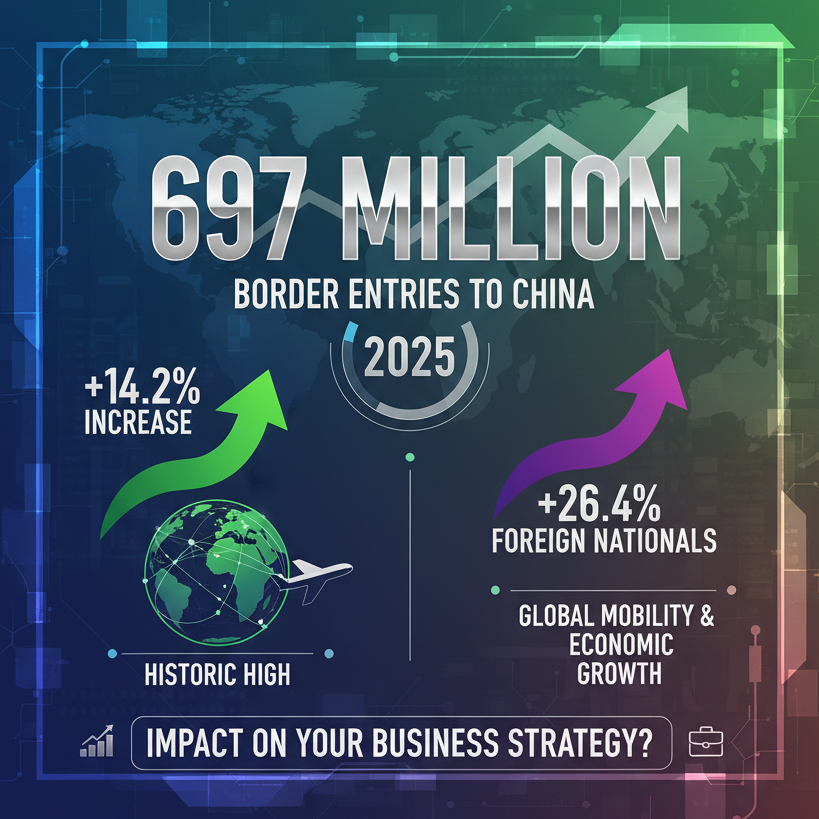
2022 is the synergy year for Chinese Internet Giants. This starts with WeChat which has been a significant step moving forward to achieve interoperability among China’s Big Tech companies. We here forecasted 9 Internet policy development in the year 2022:
1. Network Security Protection
In order to ensure the security of critical information, network security, data security, and national security, China’s 13 national departments have revised and issued the "Measures for Cybersecurity Review", which will be implemented from February 15, 2022.
2. Privacy & Personal Information Protection
In order to protect the rights and interests of personal information, enhance privacy policy, and promote the rational usage of personal information, the "Personal Information Protection Law" has been promulgated had taken effect on November 1, 2021. Since then, the Ministry of Industry and Information Technology had notified and removed thousands of apps that violated user rights and privacy.
3. Anti-monopoly of tech giants
On April 10, 2021, Alibaba was fined 18.2 billion after an anti-monopoly probe. On October 8, 2021, Meituan was fined 3.4 billion for the same crime of an anti-monopoly probe. On November 20, 2021, 43 anti-monopoly cases were intensively investigated involving Tencent, Alibaba, Baidu and other companies. This indicates that China’s antitrust enforcement on top internet platforms has entered a new era after years of laissez-faire approach.
4. Encourage more services for the ageing population
At the end of 2020, the Ministry of Industry and Information Technology issued the "Special Action Plan for the Aging Population and Accessibility of Internet Applications", and launched a one-year special action for Internet application accessibility renovation in 2021. The first batch of 115 websites and 45 APPs have completed elderly-oriented and accessibility renovations.
5. Interconnection
The regulator is trying to remove the barriers between ecosystems created by top tech giants. The purpose is to build a more open online environment for the end-users. Therefore the links, content can flow more smoothly and the payment process will be more integrated within websites and mobile apps. For example, WeChat is getting rid of banning external links (i.e. from Taobao) and this has enhanced the connectivity among internet products.
6. Protection of Youth
Community groups, dating communities, online games, online novels, live broadcasts, etc., contain unfiltered information, which may seriously affect the physical and mental health of young people. Thus, Chinese regulations require ID authentication (or real-name ID) of playing online games since 1 January 2020. The aim of this regulation is to curb excessive playtime of the under-18 young players.
7. Anti-fraud
In the Internet age, there are more new online fraudulent activities. The anti-fraud publicity and information will continue to reinforce. The National Anti-Fraud Center app is highly recommended by the officials.
8. China Launches Campaign Against 'Fake News'
As China tries to make the information online more accurate and trustworthy, the ministries are mainly targeting the content on social media. China’s censorship continues to take action over fake news and heavily biased citizen journalists to cleanse cyberspace information.
9. Algorithm Abuse Remediation
In order to regulate the overuse of recommendation algorithms, on January 4, 2022, four ministries and commissions including the State Information Office and the Ministry of Industry and Information Technology issued the "Regulations on the Administration of Recommendation Algorithms for Internet Information Service", which will come into force on March 1, 2022.
Overall, people believes that science and technology must be used wisely and applied effectively for the benefit of the general public. Therefore the development of the regulations must be consistently enhanced for that purpose.






